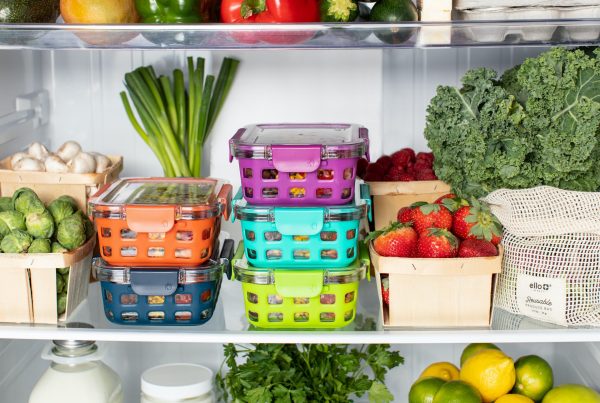Barcelona – renowned for its architecture, its rich history and culture, the sun and its beaches. You’re probably not thinking about it as a hub for developing a circular economy.
While the world is taking their first steps towards transitioning their economies from a linear model to a circular one, Spain has almost completed a marathon. They say Europeans are always ahead of the trends!
The Spanish Government has implemented a strategy, called the Espana Circular 2030, where they are taking an intersectional approach to moving their economy model from the out-dated linear fashion to a circular one. This strategy covers a range of aspects and focuses on protecting the environment by enforcing sustainable solutions throughout all aspects of society.
A major part of this strategy is focused on reducing food waste throughout the entire food chain. Luis Planas, the Minister of Agriculture, said that “there is no food more expensive than that which is thrown to the trash can” and we could not have said it better. Every year, each Spaniard throws away 28 kg of food, meaning 1.2 million tonnes of food was tossed in 2021. To reach the goal set for 2030, there must be “50% reduction per person in retail and households and 20% in production chains and supplies from 2020”.
It should be pretty obvious by now that Trendi loves anything associated with reducing food waste and we were lucky enough to see this in action. In late July, Trendi’s co-founders Carissa and Craig travelled to Barcelona to tour Catalonia and visit research facilities focused on agriculture and food loss at the farm. We were invited by Accio, the Agency for Business Competitiveness, that connects companies with Catalonian resources. The Catalonian government has circular economy strategies developed and ready to activate – making them leaders in achieving the goals set for 2030.
Over a five day period, we met with researchers, innovation and business development leaders, government officials and organizations that are driving forces in creating a permanent circular economy.
Trendi kicked off the visit by touring the Plat Institute of Augmented Gastronomy, a platform where creativity, innovation and knowledge converge with technology to take on society’s food related challenges. Composed of the Sci-Fi Food Lab and the Institute, they focus on innovations that help to maintain and advance food design, food technology, sustainability and circularity. Each day, we met with food producers committed to creating a sustainable and healthy food system, with sustainability experts and visited institutions dedicated to creating and fostering sustainable development across all food sectors to ensure the health and well-being of the population.
We learnt about new food legislation that requires large-scale producers to track and document their waste and a new law that will enforce those in the food supply chain to create a preventative plan to avoid waste. The first priority is to reallocate food fit for human consumption through donations to food banks and similar organisations. If it is not fit for consumption, the next priority is to repurpose it into other food products before finally repurposing it as animal feed. This is exactly the hierarchy we follow with Trendi, and we hope that our North American governments will enact legislation that pushes the industry this way.
Trendi left Barcelona feeling relaxed and inspired, taking newfound knowledge, experiences and connections home with us. As a company that lives and breathes to stop food waste, we could not have been more excited to spend time in a country that is taking major initiative in creating a circular economy. Seeing the momentum Catalonia and Spain have gained in implementing such an economy gives us hope that change for the better is possible and closer than we think.
Article written by:
Chloe Almeida, Marketing Coordinator
Chloe has always been interested in the “how” and “why” that create our social, cultural, and physical environment. With a background in health sciences, she is committed to spreading awareness and solving issues that affect public health and wellness.







